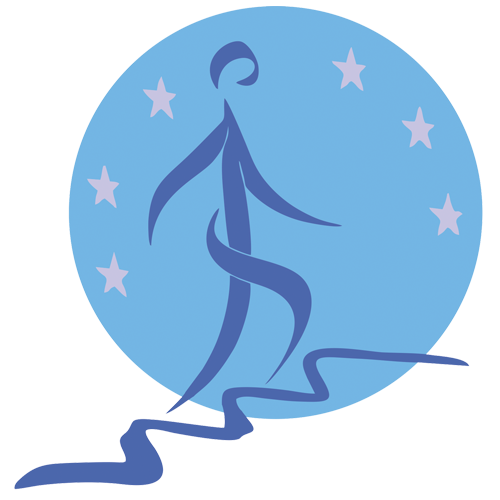On April 8, more than 100 non-governamental European organizations together with University Women of Europe signed a Joint Statement on Covid 19 and abortion calling European governments urgently guarantee safe and timely access to abortion care for women and girls in the region during the COVID-19 pandemic and a Joint Statement on draft bills banning abortion and sexuality education in Poland “Polish Parliament Must Reject Regressive Proposals on Sexual and Reproductive Rights”
Many women and girls in Europe are struggling to safely access abortion care during the pandemic as barriers caused by highly restrictive abortion laws and onerous administrative requirements to access abortion services make safe access to this essential health care extremely difficult. The call came as Poland’s parliament prepared to debate a new law that would make one of the region’s most highly restrictive abortion laws significantly more stringent. Regrettably, however, the lower house of the Parliament failed to reject the bill that would further restrict access to abortion, keeping it instead for further examination.
While abortion care is essential and time-sensitive, access to it has become more difficult in states that have imposed a lockdown and travel restrictions. This situation is particularly worrying for women and girls who live in the few European states where abortion is illegal or severely restricted and who cannot travel abroad to seek assistance and care, as reported in Malta. But even in states where abortion is legal, pre-existing obstacles, such as mandatory waiting periods and counselling as well as unnecessary hospitalisation, widespread refusals of care on grounds of conscience and the limited use of medical abortion pills, may become unsurmountable in effectively accessing time-sensitive services.
Some states have taken encouraging initiatives facilitating access to abortion care and contraception during the lockdown. For instance, measures have been adopted to allow women in England, Scotland and Wales to take medical abortion pills at home following a teleconsultation, while in Northern Ireland the authorities confirmed that abortion care could be performed locally further to a change in legislation that was meant to enter into force in March. In France and Italy, the health authorities have clearly declared that access to abortion is a health care service that has to be maintained during the pandemic and cannot be deferred. Particularly, the French authorities have extended the time limit for performing medical abortions at home from seven to nine weeks. They also temporarily made it possible to buy contraception pills in pharmacies on the basis of a previous prescription without having to renew it.
In their response to the COVID-19 pandemic, Council of Europe member states must:
- ensure full access to sexual and reproductive health care information, services and goods for all women without discrimination, and with specific attention for women at risk or victims of gender-based violence and other vulnerable groups of women;
- consider access to abortion care, contraception, including emergency contraception, and maternal healthcare before, during and after childbirth, as essential health care services to be maintained during the crisis and take all necessary accompanying measures;
- in particular: urgently remove all residual barriers preventing access to safe abortion care such as medically unjustified mandatory waiting periods; authorise telehealth consultations where appropriate and provision of emergency contraception over the counter without a prescription;
- address misinformation, gender stigma and norms that affect women’s access to reliable, evidence-based information on their sexual and reproductive rights;
- ensure that refusals of care on grounds of conscience do not jeopardise women’s access to their sexual and reproductive health and rights;
- follow WHO guidelines on access to health care for pregnant and breastfeeding women during the pandemic and guarantee women’s informed consent and decision-making in the context of childbirth at all times;
- prevent any legislative or policy rolling-back in the field of women’s sexual and reproductive rights;
- support women’s rights defenders, service providers such as health care staff, shelters for women victims of violence, family planning organisations and humanitarian assistance workers by enabling them to continue playing their essential role in assisting women during the pandemic.




